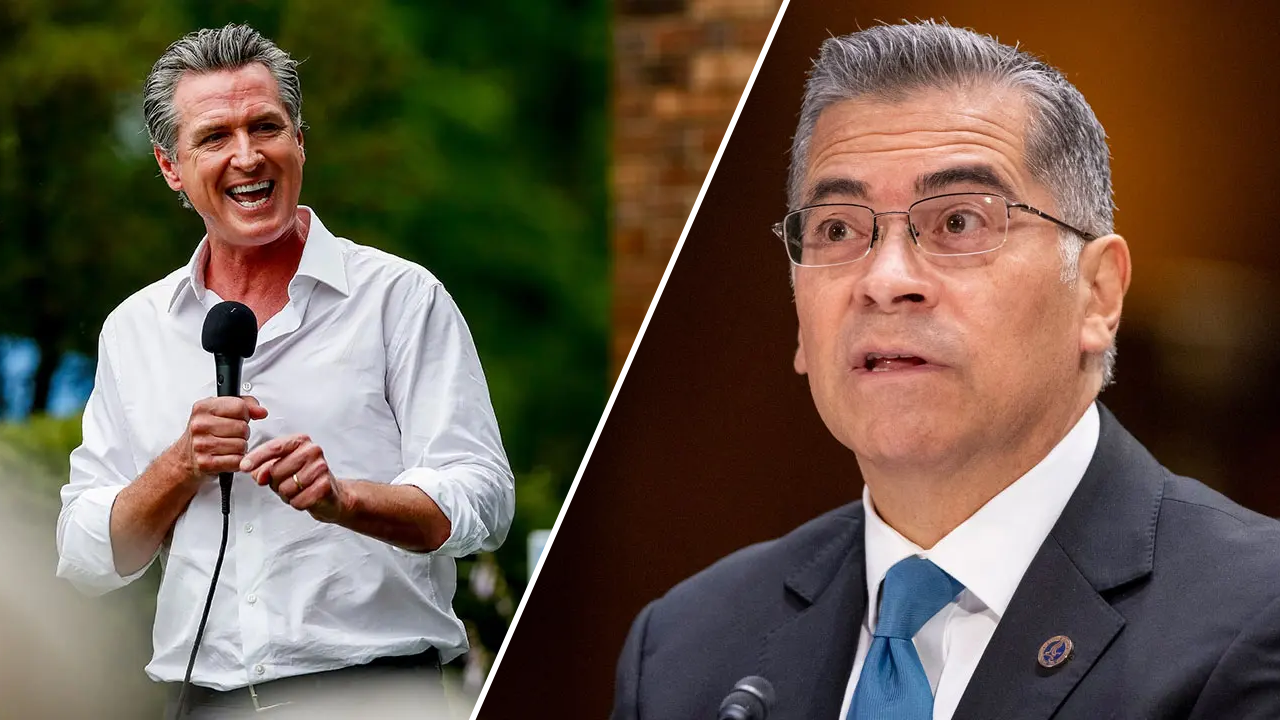A federal judge who ordered the Trump administration on Tuesday to restore taxpayer funding for legal services for illegal immigrants has worked for one of the advocacy groups involved in the litigation, an apparent conflict of interest that could give the administration ammunition to seek her recusal from the case.
Araceli Martinez-Olguin, a judge in the U.S. District Court of Northern California, worked from 2017 to 2018 as managing attorney for Community Legal Services in East Palo Alto, according to records she submitted to the Senate during her confirmation process. At CLSEPA, Martinez-Olguin established the group’s Immigrants’ Rights Project, where she “identified issues for local or state policy advocacy and impact litigation.” That included lobbying San Mateo county officials to establish a taxpayer-funded initiative to provide legal representation to illegal aliens, according to Martinez-Olguin’s Senate disclosures.
Martinez-Olguin’s former employer is 1 of 11 federal subcontractors that sued the Trump administration last month to restore funding for a $769 million contract to provide legal services for unaccompanied alien children apprehended at the border. CLSEPA received nearly $300,000 last year through the program, which is overseen by the Acacia Center for Justice, a pro-immigration activist group.
The Trump administration ordered a freeze on funding for the program as part of its government-wide cost-cutting initiatives. But the nonprofit groups asserted that the funding freeze violated a 2008 anti-trafficking law, an argument that Martinez-Olguin agreed with in her ruling in Community Legal Services in East Palo Alto v. United States Department of Health and Human Services.
It’s a major win for the Acacia Center, CLSEPA, and the other federal subcontractors, which provide legal services to around 25,000 children who entered the United States without parents. Martinez-Olguin placed a temporary restraining order on the Trump administration until April 16, when she will consider further arguments in the case.
Martinez-Olguin’s work for one of the plaintiffs in the litigation could lead to calls for her recusal from the case. According to federal regulations, judges should recuse themselves from cases when “the judge has a personal bias or prejudice concerning a party” involved in litigation. Judges are also required to recuse themselves from cases when their “impartiality might reasonably be questioned.”
The Trump administration has called for judicial recusals in several other high-profile cases. Last month, Department of Justice lawyers called for Beryl Howell, a federal judge in Washington, D.C., to recuse herself from a lawsuit involving an executive order against the law firm Perkins Coie, claiming that the Obama appointee has “repeatedly demonstrated partiality against and animus towards [President Trump].” Trump allies, including his son Donald Trump Jr., have accused Judge James Boasberg of conflicts of interest because his daughter works for a nonprofit that opposes deportations. The administration has gone after Boasberg for blocking the deportation of Venezuelan criminals.
Martinez-Olguin, a Biden appointee, has advocated open borders and anti-enforcement views in her past career as an immigration lawyer. Before her confirmation to the federal bench, Martinez-Olguin worked as supervising attorney at the National Immigration Law Center, a nonprofit that uses “impact litigation, policy advocacy, movement-building” to enact “transformational change” on behalf of low-income immigrants.
Her stint at the National Immigration Law Center could present another potential conflict. The legal group is representing CLSEPA and other plaintiffs in the case, according to legal filings. At the National Immigration Law Center, Martinez-Olguin worked on “litigation at the district court over the legality of the Department of Homeland Security’s policy changes,” according to her Senate disclosures.
Martinez-Olguin has publicly opposed U.S. Immigration and Customs Enforcement deportation activities and supported sanctuary city policies that prohibit cities and states from working with federal immigration agents. In 2021, Martinez-Olguin said that an immigration raid conducted in Tennessee revealed “the racism and unconstitutionality of the federal government’s conduct.” She publicly supported California’s sanctuary state bill, SB 54, and called on San Mateo County to “be more proactive in adopting sanctuary policies.”
CLSEPA cheered Martinez-Olguin’s confirmation to the federal bench in March 2023, when she was narrowly confirmed on a 49-48 vote in the Senate. “We are proud to announce that former CLSEPA attorney Araceli Martinez-Olguín has been confirmed as a U.S. district judge for the Ninth Circuit of California,” CLSEPA said in a press release.
Martinez-Olguin has already recused herself from at least one federal case, suggesting she is aware of the need to avoid the appearance of potential conflicts. In 2023, she recused herself from a Federal Trade Commission lawsuit because a potential witness in the case had endorsed her judicial nomination. Martinez-Olguin said she wanted to “avoid even the appearance of partiality” in announcing her recusal.
It is unclear whether Martinez-Olguin will recuse herself from the immigration case, or if the Trump administration plans to raise the issue. The District Court in Northern California and the Department of Health and Human Services, the agency that oversees the immigration contract, did not respond to requests for comment.
Even if Martinez-Olguin orders the funding to continue, the Trump administration may have concerns about many of the groups working on the contract.
Acacia Center for Justice, the primary contractor for the immigration contract, claims that immigration system is “intentionally designed” to exploit “Black and brown people,” and has said that “no immigrant should be detained,” the Washington Free Beacon reported.
Amica Center for Immigrant Rights, another subcontractor, has called to “disrupt Trump’s deportation machine.” The Immigrant Defenders Law Center supported the movement to abolish ICE, and has called to “dismantle the system that seeks to deport our clients.”
Read the full article here








